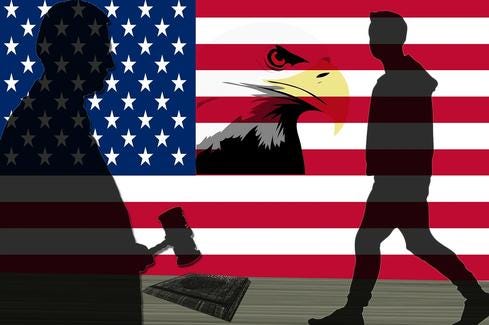Net Neutrality Rules Pass, FCC Readies For FightNet Neutrality Rules Pass, FCC Readies For Fight
The decision to reclassify ISPs under FCC regulations represents a triumph for open Internet activists.


Net Neutrality: 4 Legal Challenges To Consider
Net Neutrality: 4 Legal Challenges To Consider (Click image for larger view and slideshow.)
Handing a significant victory to supporters of net neutrality, the Federal Communications Commission voted on Thursday to adopt rules that reclassify suppliers of broadband Internet access as telecommunications services under Title II of the Communications Act.
The 3-2 vote was hailed by President Obama, who has supported net neutrality, which is the principle that network traffic should be treated in a non-discriminatory manner.
In a letter posted on the White House website, President Obama observed that an overwhelming majority of the 4 million people who wrote to the FCC about the issue expressed support for a free and open Internet.
FCC Chairman Tom Wheeler also emphasized the role of the millions of citizens who made their wishes known to the agency, underscoring the political power of the connected public. "We listened," he said in a statement. "We learned. And we adjusted our approach based on the public record. In the process we saw a graphic example of why open and unfettered communications are essential to freedom of expression in the 21st century."
The new rules reclassify both fixed and mobile broadband suppliers under Title II. The rules outlaw the blocking or throttling of legal content, applications, and services, as well as paid prioritization that would create Internet "fast lanes." They also require ISPs to disclose details about promotional rates, fees, surcharges, data caps, packet loss measurements, and network management practices.
Verizon, one of the telecommunications companies that have been fighting the FCC's efforts to regulate broadband access for years, called the FCC's ruling a throwback to 1930s rules, as if the age of a law somehow determines its relevance. To impugn the FCC decision by association, Verizon issued its statement in Morse code and, for the sake of actually having anyone read its objections, in a font designed to look like the blurred type from a Remington Riviera typewriter.
"Today's decision by the FCC to encumber broadband Internet services with badly antiquated regulations is a radical step that presages a time of uncertainty for consumers, innovators and investors," said Verizon in its statement.
[ See what wireless carriers think about FCC's rules. Read FCC Net Neutrality Push Rattles AT&T, Verizon. ]
In November 2014, Verizon General Counsel Randal Milch said in a blog post that Title II reclassification, as well as a weaker hybrid approach, "fairly guarantees litigation." And AT&T, another opponent of the FCC's reclassification plan, has already put forth potential legal arguments opposing the changes in filings submitted to the agency.
Outside of the telecom industry, academics and advocacy groups celebrated. Stanford Law Professor Barbara van Schewick said in a blog post: "Today's vote is among the greatest public interest victories in U.S. history," and predicted the FCC's rules will hold up in court.
American Library Association president Courtney Young called the decision "a win for students, creators, researchers, and learners of all ages."
The Electronic Frontier Foundation voiced similar approval, mixed with wariness about possibility of government overreach: "[N]ow we face the really hard part: making sure the FCC doesn't abuse its authority."
Attend Interop Las Vegas, the leading independent technology conference and expo series designed to inspire, inform, and connect the world's IT community. In 2015, look for all new programs, networking opportunities, and classes that will help you set your organization’s IT action plan. It happens April 27 to May 1. Register with Discount Code MPOIWK for $200 off Total Access & Conference Passes.
About the Author
You May Also Like






